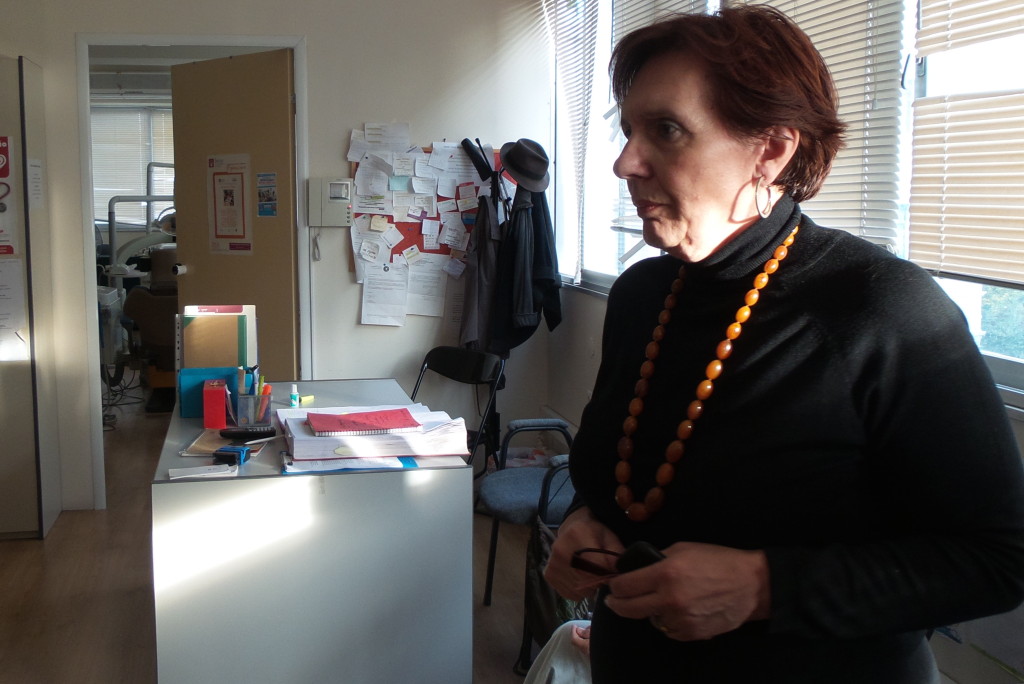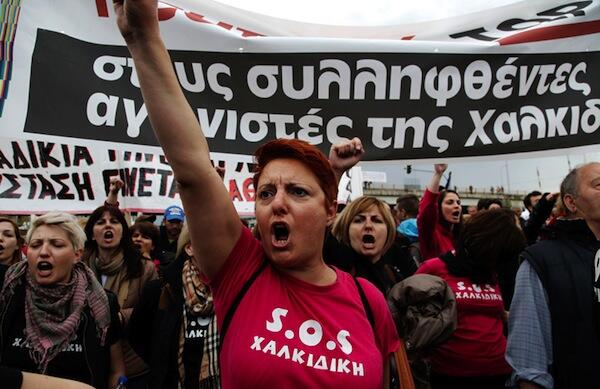
Sofia Tzitzikou
Sofia Tzitzikou, the acting president of UNICEF Greece draws attention to the quiet suffering of women, children and vulnerable people in Greece caused by economic manipulations.
With the best wishes of 2016 that everyone exchanges comes the true reality that goes beyond the turning page of the calendar. In Greece, nothing has been resolved and the measures that were imposed upon the population following the third memorandum are, as anticipated, aggravating the conditions of life for all, and even more so for the already vulnerable. As Sofia regrets, no policies are oriented toward the population in its individual and human representation. Nothing positive seems attainable at the moment, and a sentiment of despair washes over young people.
Notwithstanding, the UN report: Effects of foreign debt and Other Related Financial obligations of States on the full enjoyment of all human rights, particularly economic, social and cultural rights, that demonstrates and analyses the delirious effects of the system of debt, the harsh restructuring policies still go on.
Here is Sofia Tzitzikou who reminds us that the real danger is to become accustomed to such situations.
(Photo Credit: Brigitte Marti) (Interview conducted by Brigitte Marti)

